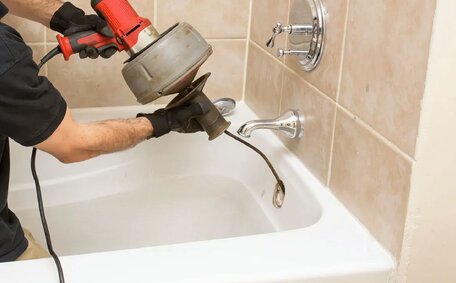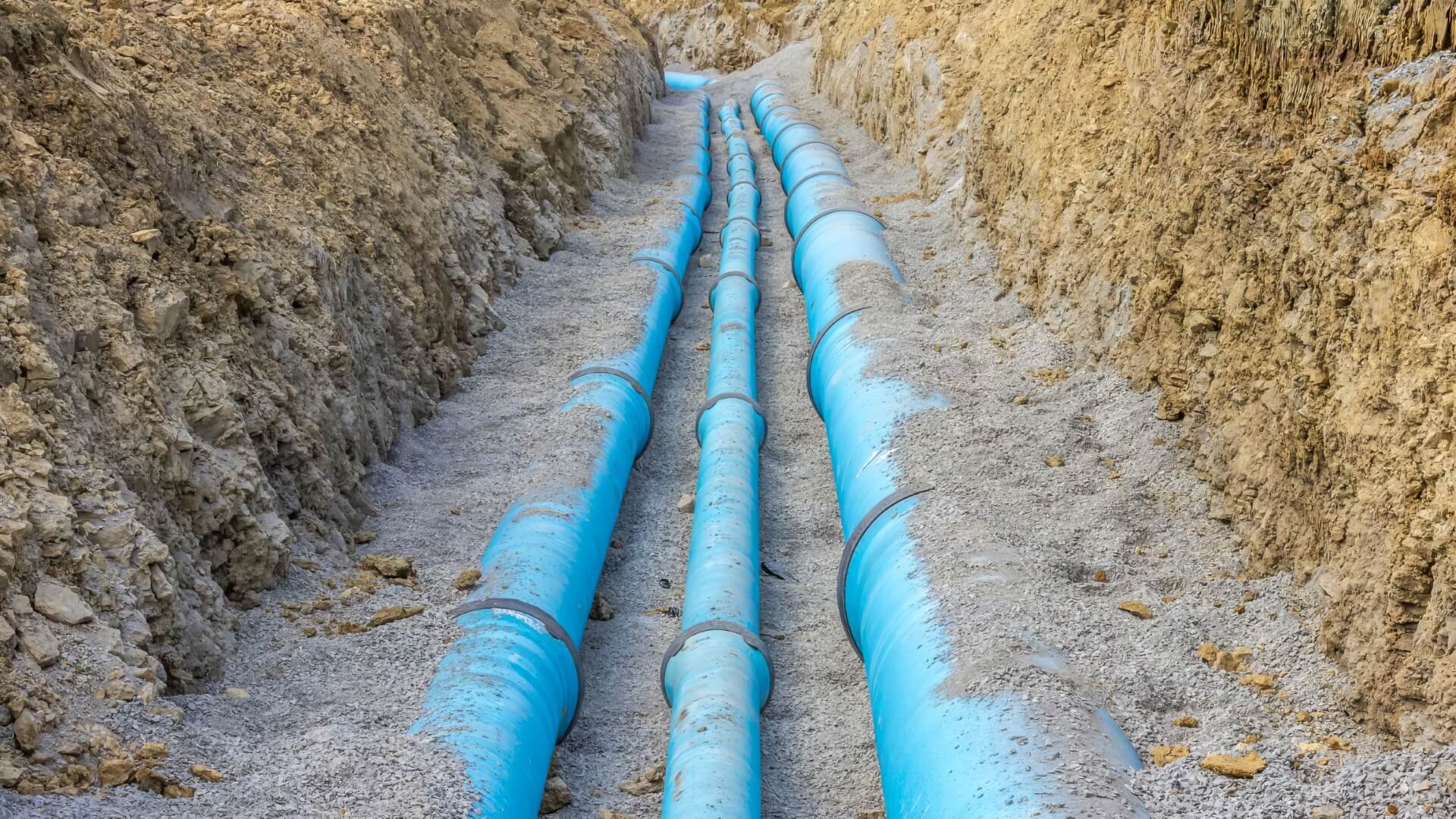Understanding gas leaks and explosion risks
The risk of a gas leak leading to an explosion is a serious concern for Australian households using natural gas for appliances such as stoves, water heaters, and heating systems. Methane, the primary component of natural gas, is highly flammable and in certain conditions can ignite, potentially causing a gas explosion.
As natural gas is lighter than air, it poses an explosion hazard if the atmospheric concentration reaches 5% to 15%. Even a small gas leak can significantly increase accident risks if allowed to accumulate inside the home.
Addressing gas leaks swiftly is essential to prevent dangerous gas accumulation. Preventative measures, like regular appliance maintenance and installing gas detectors, can avert ignition or alert homeowners early.
By taking appropriate precautions, the risk of gas leaks and potential explosions can be substantially minimised.
Common causes of household gas leaks
Identifying the origins of gas leaks requires examining the most common sources within home gas systems:
- Ensure to check for corrosion in aged metal gas pipes, particularly copper ones which supply hot water systems and were broadly fitted in historic suburbs
- Cracks or damage due to faulty gas pipes, affected by ground movement or excavation works
- Faulty connections at gas appliances like stoves and water heaters
- Wear and tear of gas appliances from age or improper use
- Accidental damage to underground gas lines during gardening or other digging works
Homes with ageing infrastructure frequently face situations where gas may leak, creating problematic scenarios when natural gas escapes from the premises. Residents noticing a sulphurous, rotten egg-like scent, which indicates a gas leak, should promptly arrange gas safety checks. Upgrading to newer gas pipe materials can also mitigate the risks associated with suspect gas leaks in your home.
Detecting a gas leak
Key indicators of a gas leak in your home include:
- Smell – Natural gas is odourless, so mercaptan is added to give it a distinctive rotten egg smell that alerts you to gas your home may have.
- Sound – You could perceive an atypical hissing sound near gas implements or where the pilot light maintains its vigil.
- Physical signs – Dizziness, nausea and breathing difficulties could indicate gas exposure.
If you suspect a gas leak due to these signs, evacuate immediately; since a spark can ignite the gas. Open doors and windows to air out the space and promptly call emergency services and your gas company. To prevent a fire, actions such as making sure to turn off all electrical appliances, refraining from smoking, and not using anything that could create static electricity are vital to avoid igniting gas when gas leaks are detected.
Knowing how to quickly respond to gas leaks is crucial to prevent gas accumulation to potentially ignitable levels.
Gas leak prevention best practices
Homeowners can follow several best practices for gas leak prevention:
- Have gas appliances inspected annually by a licenced professional to check for wear, faults or connections coming loose.
- Consider upgrading old metal gas pipes, especially copper ones prone to corrosion.
- Use protective pipe sleeves for gas lines beneath driveways or where ground movement may occur.
- Never attempt gas works on your own – always use a licenced gas fitter.
- If digging outdoors, check the Dial Before You Dig hotline for underground pipe locations.
- Keep the gas meter area clear and perform regular leak checks, which is essential if your residence has ageing copper pipelines.
- Gas detectors offer early warning signs, enhancing safety and promoting prompt leak detection.
- Be aware of how to respond to signs of gas leaks: evacuate immediately and contact emergency services.
Proactively following gas safety tips reduces the potential and severity of gas leaks. Older infrastructure poses greater risks, so upgrading pipes and appliances can improve safety. Response is also key – gas leaks left unaddressed put properties and lives in danger.
What to do if you suspect a gas leak
If you suspect a gas leak in your home, take the following crucial steps:
- Immediately evacuate the area, ensuring everyone is a safe distance from the house. Avoid operating switches or electronics that could generate a spark.
- Dial 000 to alert the local fire department and emergency services, clearly stating the gas leak situation and your address.
- If possible, shut off the gas supply at the main meter outside using an adjustable spanner, not by hand.
- Avoid re-entering the property or allowing others in until emergency services declare it safe, regardless of perceived urgency.
- Contact a licenced gas fitting company like Penshurst Plumbing on 1300 349 338 for urgent assistance stopping the leak and making repairs.
- Do not turn any appliances or lights on or off yourself once the leak has been addressed in case gas persists. Allow a professional to check first.
- Following gas system inspections, consider detector installation for early leak detection and ensure gas appliances are regularly safety checked.
- If anyone was exposed to gas, watch closely for signs of carbon monoxide poisoning like dizziness, confusion or fainting. Seek medical help if concerned.
Gas leaks require immediate attention for safety. Evacuation, emergency services notification, gas supply shutdown, and professional licenced gas fitter engagement are critical for harm reduction.
Consequences of gas exposure
Escaped gas exposure poses significant health risks, including the potential for an explosion, even if no fire results from the gas release. The principal threat is the lack of oxygen and carbon monoxide poisoning, which underscores why it’s vital to prevent fire explosion risks by opening all windows to dissipate the gas.
Carbon monoxide, an odourless, colourless gas, can cause symptoms such as:
- Headaches
- Dizziness
- Nausea
- Fatigue
- Shortness of breath
- Confusion
- Fainting or loss of consciousness
Severe exposure can result in seizures, comas, and even death due to oxygen deprivation. Those most at risk include pregnant women, children, pets and the elderly.
Seek emergency medical help right away if a suspected gas leak has possibly occurred and your family was exposed. Treatment for inhaling gas involves breathing pure oxygen. Less severe symptoms may still have ongoing complications if not properly addressed.
Engaging a professional plumbing service like Penshurst Plumbing, adhering to high safety standards, ensures quick and secure resolution of leaks, preventing harmful gas exposure. Annual appliance servicing, gas line inspections and installation of detectors ensure you were able to offer further protection by stopping leaks before they cause health issues.
Professional gas leak detection and repair
Gas leaks should always be handled by qualified professionals. Licenced gas fitters have extensive training and specialised equipment to accurately locate leak natural gas and make necessary repairs.
Specialists like Penshurst Plumbing, employ gas detectors and high-tech inspection cameras to identify the precise source leak. They can then seal faulty joints, replace ageing pipes, and ensure that all appliances are functioning safely.
As well as protecting homes, professional leak repairs prevent the release of natural gas - primarily methane - into the environment. Methane is a potent greenhouse gas, so unaddressed leaks exacerbate climate change.
For reliable, efficient gas leak detection and repairs, Penshurst Plumbing offers more than 10 years of industry experience.Contact us today to arrange an inspection or discuss upgrading old pipes and appliances. We provide emergency leak response, routine safety checks, pipe materials advice and detector installation.
Email us at [email protected] or call 1300 349 338.






